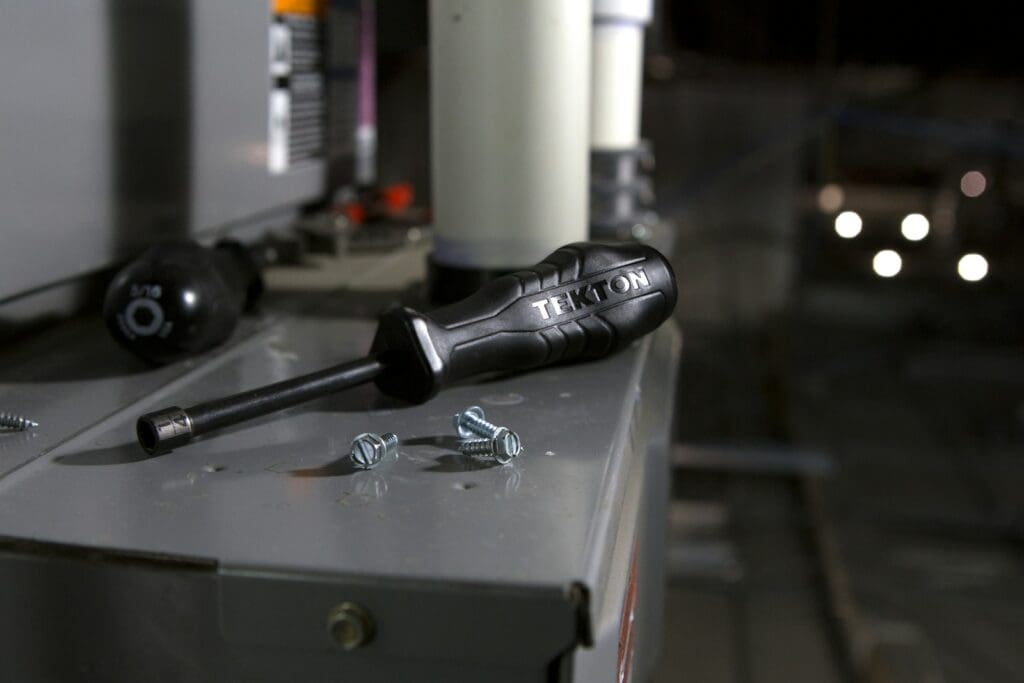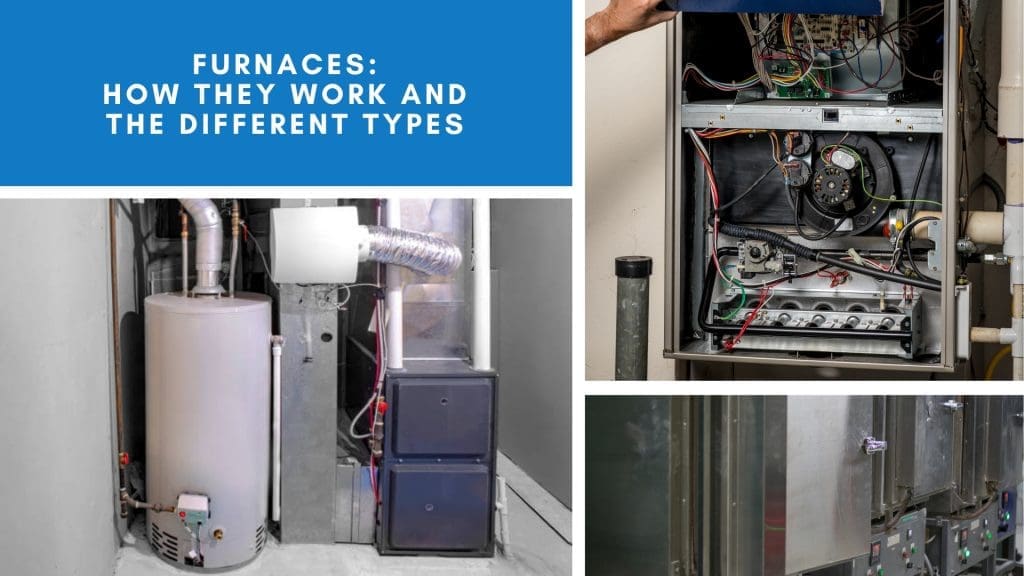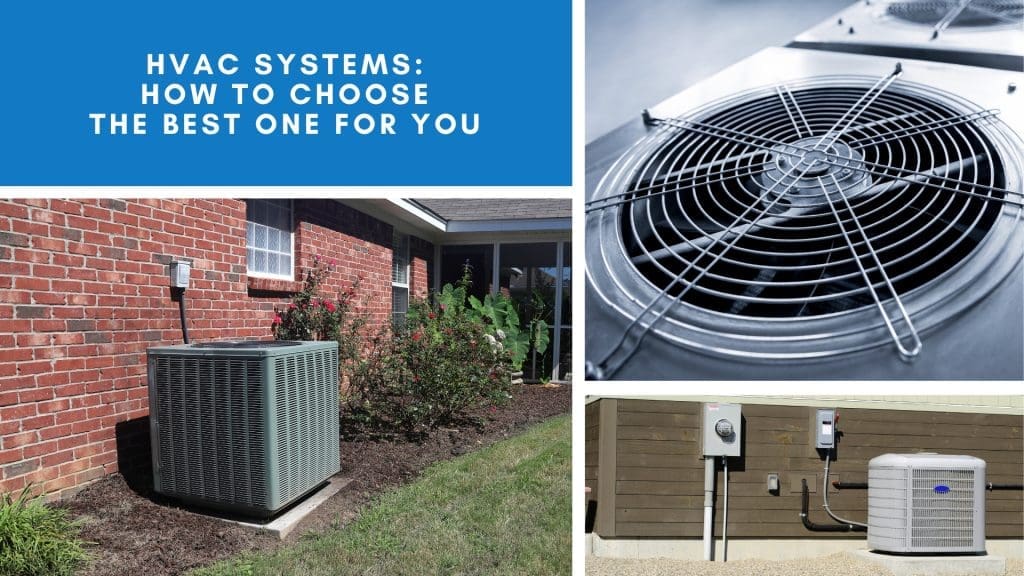In the realm of heating, ventilation, and air conditioning (HVAC) systems, the reliability of motors is crucial for seamless operation. HVAC units house various motors, including blower motors, compressor motors, condenser motors, fan motors, and solenoids. Each component plays a significant role in maintaining comfort and efficiency within residential and commercial spaces. Understanding the common causes of motor failures, the importance of adhering to manufacturer specifications for replacements, and the role of professional services like LC HVAC in Hollywood can be instrumental in ensuring optimal system performance.
Introduction to HVAC Motor Failures
HVAC motor failures can disrupt the functionality of heating and cooling systems, leading to uncomfortable indoor environments and potential energy inefficiencies. These motors are integral components, each designed to perform specific functions within the system. Blower motors, compressor motors, condenser motors, fan motors, and solenoids work in unison to deliver desired air temperature and flow. Recognizing the signs of motor issues and their potential causes is the first step in addressing these challenges.

Motor failures in HVAC systems often manifest through unusual noises, reduced airflow, or complete system shutdowns. These symptoms not only affect system performance but can also indicate underlying mechanical or electrical issues. Regular maintenance and timely interventions are essential to prevent minor issues from escalating into significant problems, which can lead to costly repairs or replacements.
Understanding the diverse roles of these motors within an HVAC system helps in identifying the specific motor experiencing issues. Each motor is subject to different stresses and environmental factors, which can contribute to its failure. By focusing on common failure points and their solutions, HVAC system owners can ensure more reliable and efficient operation.
Common Causes of Blower Motor Failures
Blower motors are responsible for circulating air throughout HVAC systems, playing a crucial role in heating and cooling distribution. One of the most common causes of blower motor failures is overheating, often due to inadequate airflow or blocked air filters. Regularly replacing or cleaning air filters can help prevent this issue and extend the lifespan of the motor.
Electrical issues, such as faulty wiring or worn-out capacitors, can also lead to blower motor failures. These electrical components are vital for the motor’s start-up and operational phases, and any disruption can cause the motor to malfunction. Regular inspection and maintenance of electrical connections and components are crucial in preventing these types of failures.
Wear and tear over time, especially in systems that operate continuously, can also contribute to blower motor failures. This natural degradation can be managed through regular maintenance checks, lubrication of moving parts, and timely replacements when necessary, ensuring that the motor continues to function efficiently.
Identifying Compressor Motor Issues
The compressor motor is often regarded as the heart of an HVAC system, responsible for pressurizing refrigerant and facilitating heat exchange. One of the primary indicators of compressor motor issues is the system’s inability to maintain the desired temperature. This problem can arise from refrigerant leaks or electrical malfunctions that prevent the motor from operating efficiently.
Noise is another common sign of compressor motor issues, often resulting from worn bearings or an unbalanced motor. Such noises should not be ignored, as they can indicate more severe internal damage. Regular auditory inspections and professional evaluations can help in early detection and resolution of these problems.
Moreover, compressor motors can fail due to overheating, often caused by clogged condenser coils or insufficient refrigerant levels. Ensuring that the system is cleaned regularly and that refrigerant levels are maintained can prevent overheating and extend the motor’s operational life.
Troubleshooting Condenser Motor Problems
Condenser motors play a pivotal role in expelling heat absorbed by the refrigerant, a crucial process in cooling cycles. Issues with condenser motors often arise from poor maintenance, leading to clogged coils and reduced heat dissipation. Regular cleaning of coils and surrounding areas can prevent these problems, ensuring efficient motor operation.
Another common problem is electrical failure, which can originate from damaged wiring or faulty capacitors. Such issues can prevent the condenser motor from starting or operating at full capacity, leading to inadequate cooling. Regular electrical inspections and prompt repairs are vital in mitigating these risks.
Over time, the mechanical components of condenser motors can wear out, particularly the bearings and fan blades. This wear can lead to increased friction, noise, and decreased efficiency. Regular lubrication and component replacements can help maintain motor performance and extend its service life.
Diagnosing Fan Motor Malfunctions
Fan motors are essential for maintaining airflow through HVAC systems, and their malfunctions can significantly impact system efficiency. One of the most apparent signs of a fan motor issue is irregular or diminished airflow, often caused by obstructions in the fan blades or motor housing. Clearing these obstructions promptly can restore function.
Electrical issues, such as short circuits or capacitor failures, can also cause fan motors to malfunction. These problems can result in the motor failing to start or operating intermittently. Regularly inspecting electrical components and connections can prevent such malfunctions and ensure consistent operation.
Vibration and noise from the fan motor can indicate imbalances or misalignments. These mechanical issues can lead to premature wear and motor failure if not addressed. Balancing the fan blades and ensuring proper alignment through regular maintenance can prevent these issues and promote efficient operation.
Importance of Replacing Faulty Solenoids
Solenoids in HVAC systems control the flow of refrigerants and are vital for system efficiency and temperature regulation. Faulty solenoids can lead to irregular refrigerant flow, resulting in poor system performance and potential damage to other components. Identifying and replacing malfunctioning solenoids promptly is crucial for maintaining system integrity.
Common signs of solenoid issues include system inefficiencies and unusual noises during operation. These symptoms can indicate a solenoid that is stuck open or closed, disrupting the refrigerant cycle. Regular inspection and testing of solenoids can help in early detection and resolution of these issues.
When replacing solenoids, it is essential to use components that match the manufacturer’s specifications. This ensures compatibility and optimal performance, preventing further issues and extending the life of the HVAC system. Professional HVAC technicians can assist in selecting and installing the correct solenoids for any system.
Adhering to Manufacturer Specifications
Strict adherence to manufacturer specifications is vital when replacing any motor within an HVAC system. Each motor, whether a blower, compressor, condenser, or fan motor, is designed with specific parameters that ensure compatibility and efficiency. Using parts that deviate from these specifications can lead to suboptimal performance and increased risk of failure.
Replacement parts that do not meet manufacturer standards can cause additional strain on the system, leading to higher energy consumption and potential damage to other components. This not only affects system efficiency but can also void warranties, resulting in added costs for repairs or replacements.
Consulting with professional HVAC technicians can help ensure that all replacement parts meet the required specifications. These experts have the knowledge and resources to source and install the correct components, safeguarding the system’s performance and longevity.
FAQ: Understanding HVAC Motor Replacements
When should I consider replacing an HVAC motor?
Consider replacing an HVAC motor if you notice reduced performance, unusual noises, or frequent system shutoffs. Regular maintenance and professional assessments can help determine the need for replacement.
Can I replace an HVAC motor myself?
While some homeowners may feel confident in replacing motors themselves, it is usually recommended to hire professional technicians. They ensure proper installation and adherence to manufacturer specifications, which is critical for safety and performance.
What are the benefits of using genuine replacement parts?
Genuine replacement parts ensure compatibility and optimal performance, reducing the risk of further issues and extending the system’s lifespan. They also maintain warranty validity and help in achieving energy efficiency.
Conclusion: Ensuring Efficient HVAC Systems
Ensuring efficient HVAC system operation requires a comprehensive understanding of its motors and the common issues they face. From blower and compressor motors to condenser and fan motors, each component plays a crucial role in system performance. Early detection of motor failures and adherence to manufacturer specifications for replacements can prevent costly repairs and enhance system longevity. Professional services, like those offered by LC HVAC in Hollywood, provide invaluable expertise and support in maintaining the integrity of HVAC systems. Through regular maintenance, timely motor replacements, and adherence to industry standards, homeowners and businesses can enjoy reliable and efficient climate control year-round.


